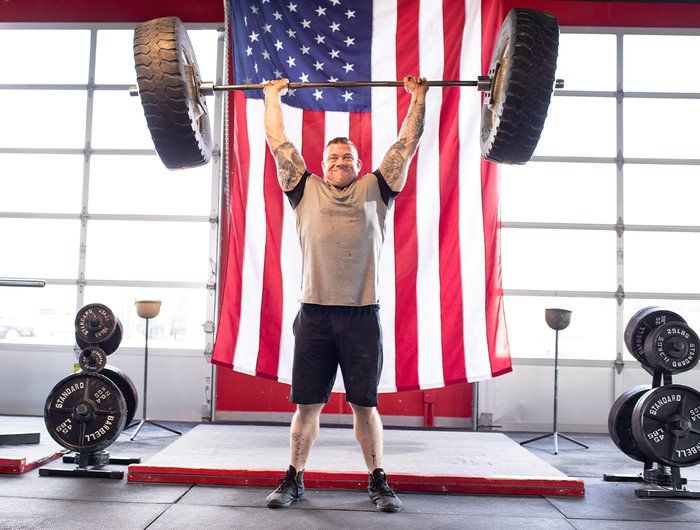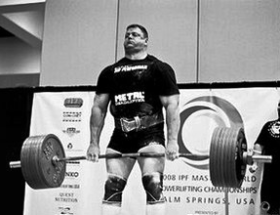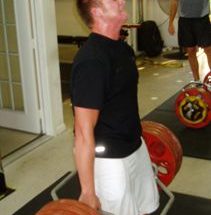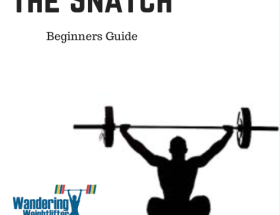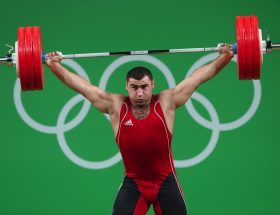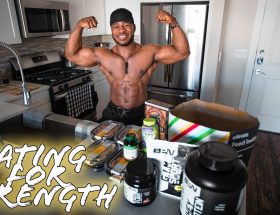Competing in strongman competitions requires immense physical strength, endurance, and power. In order to perform at high levels, athletes must have a well-rounded nutrition plan that supports muscle growth, aids recovery, and provides the energy necessary for intense training sessions and grueling competitions. This article discusses the key elements of nutrition that are crucial for strongman competitors to maximize their performance.
1. Caloric Intake and Macronutrient Distribution
Strongman competitors need to consume a high number of calories to fuel their intense workouts. The caloric intake must be adjusted based on an individual’s body size, training volume, and goals. Generally, strongman athletes should aim for a caloric surplus to support muscle growth and provide energy for strenuous exercises.
Macronutrients, specifically protein, carbohydrates, and fats, are the building blocks of nutrition and play a vital role in strongman training. Ideally, a strongman’s diet should include:
Protein: Consuming sufficient protein is essential for muscle recovery and growth. As a general guideline, strongman athletes should aim for 1.2-2 grams of protein per kilogram of bodyweight. Good sources of protein include lean meats, poultry, fish, eggs, dairy products, legumes, and protein supplements.
Carbohydrates: Carbohydrates are the primary energy source for intense workouts. Incorporating complex carbohydrates, such as whole grains, fruits, and vegetables, into the diet helps maintain adequate glycogen stores and sustain energy levels.
Fats: Healthy fats aid in hormone production, joint health, and overall well-being. Sources of healthy fats include nuts, avocados, olive oil, and fatty fish.
2. Meal Timing
Meal timing is important for strongman competitors looking to optimize their performance and recovery. It is recommended to consume multiple small to moderate-sized meals throughout the day to provide a continuous supply of nutrients and maintain stable blood sugar levels.
Pre-workout nutrition: Consuming a meal rich in carbohydrates and protein 2-3 hours before training can provide the necessary energy and prevent muscle breakdown during exercise. This meal should be easily digestible to avoid discomfort during intense workouts.
Post-workout nutrition: After a grueling training session, rapid replenishment of glycogen stores and muscle recovery becomes crucial. Consuming a post-workout meal that combines protein and carbohydrates soon after exercising promotes muscle repair and growth. Whey protein shakes, fruits, and whole grains are excellent options for post-workout nutrition.
3. Hydration
Adequate hydration is often overlooked but critical for strongman athletes. Dehydration can decrease performance, reduce strength, and impair focus. Therefore, strongman competitors should prioritize proper hydration throughout the day, especially during training sessions and competitions.
Water should be the primary fluid intake, with athletes consuming at least 8-10 cups (64-80 ounces) per day, depending on individual needs and training intensity. Electrolyte-rich drinks can also be consumed to replace lost salts and minerals during intense sweating.
4. Nutritional Supplements
While a well-rounded diet should be the foundation of a strongman’s nutrition plan, certain supplements may provide additional benefits. However, it’s important to note that supplements are not a substitute for a healthy diet and should be used to complement it.
Some popular supplements amongst strongman competitors include:
Protein supplements: Protein powders can be convenient for meeting protein requirements, especially when whole food sources are not readily available.
Creatine: Creatine monohydrate is known to enhance strength, power, and muscle mass in high-intensity activities like strongman training.
Omega-3 fatty acids: Fish oil supplements can provide the recommended doses of essential fatty acids, which offer anti-inflammatory benefits and support overall health.
Conclusion
Nutrition is a vital component of a strongman’s training regimen. A well-balanced diet that includes adequate caloric intake, proper macronutrient distribution, hydration, and optional supplementation can optimize performance, support muscle growth, and aid in the recovery process. Strongman competitors should consult with a qualified nutritionist to tailor a nutrition plan that directly aligns with their specific needs and goals.
